Disclaimer: The opinions expressed in this article are those of the writer and not ScoopWhoop.
It’s all over the news, so you might have read it – Sonu Nigam has been bullied over the internet for his comments about the ‘forced religiousness’ in our country where in the masses are made to tolerate the loud sound of an azaan, jagrata or any religious practice.
The media circus around Sonu Nigam’s rather simple rant led to a Maulvi producing a ‘fatwa’ against the 43-year-old singer. In fact, one such religious leader had reportedly put a reward of Rs. 10 lakh for anyone who’d shave the Bollywood singer’s head and parade him through the streets.
Do you know the worst part about this fiasco? Sonu Nigam had to actually call a press conference to clarify his stance on the matter.
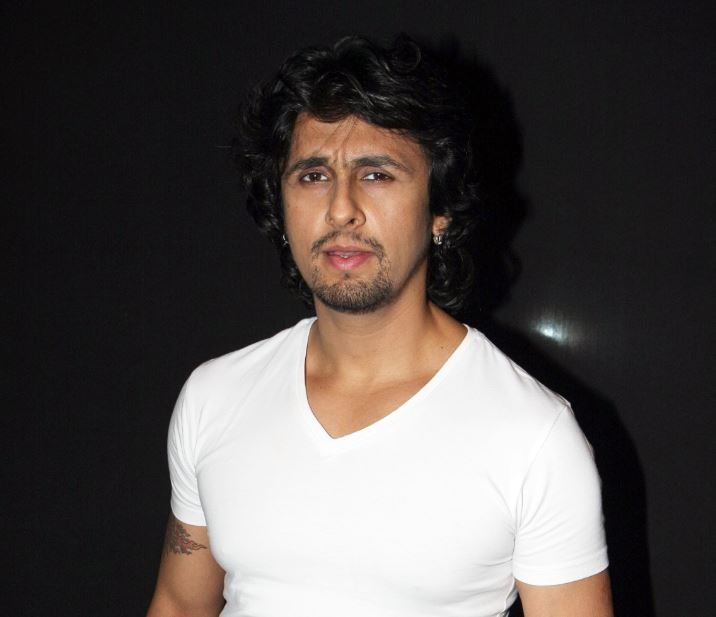
Any forward-looking idea now seems to now face opposition from the ancient glorious culture that made up our past; and any attempt to break away from the past calls for harsh words and if that doesn’t work, then violence.
From food habits to tweets, the flash points are many, and for all the economic dynamism that India prides itself on – there are enough incidents that should the living daylights out of any sane individual.
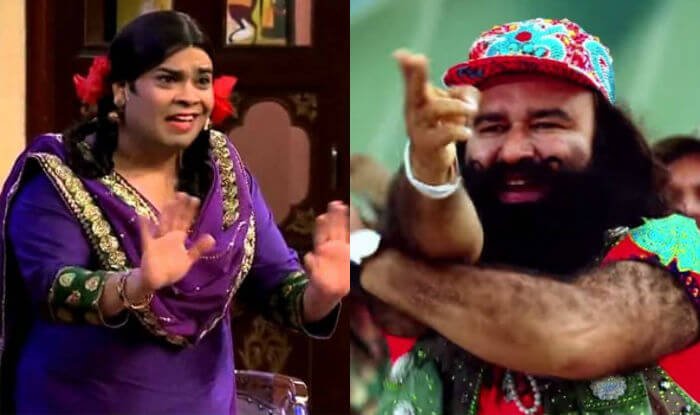
“If we open a quarrel between the past and the present, we shall find that we have lost the future.”
– Former British PM Winston Churchill
Churchill said these words on June 18, 1940 just after Adolf Hitler’s armies had conquered Holland, Luxembourg, Belgium and France in quick succession and in the fight for Europe, Britain stood alone against the Nazis. But perhaps, strangely enough, the words now echo strongest in the India of today – a country caught in a bloody war for supremacy between its storied culture (and history) and a promising future.
India is a funny country with no sense of humour. We talk about being a great country and we follow it up with a redundant slogan celebrating the same, but how often do we follow it up with our actions? Never.
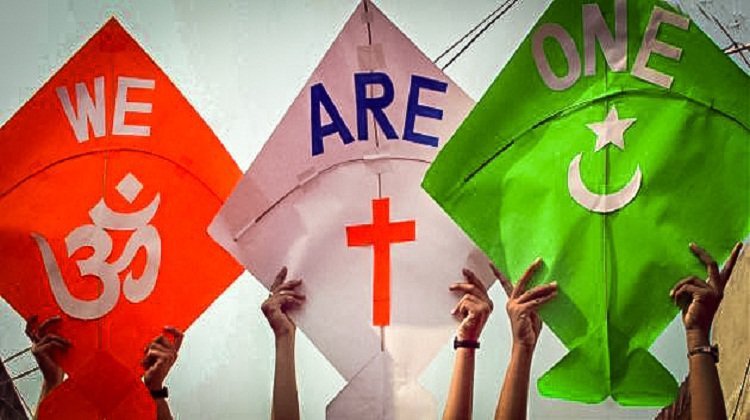
And there’s a general pattern to how these things pan out in India.
First, everyone pesters these celebrities to voice their opinions on any said subject. Then once the artist actually tries putting their point forward on the matter, we try and harass them because their opinions would have eventually hurt someone.
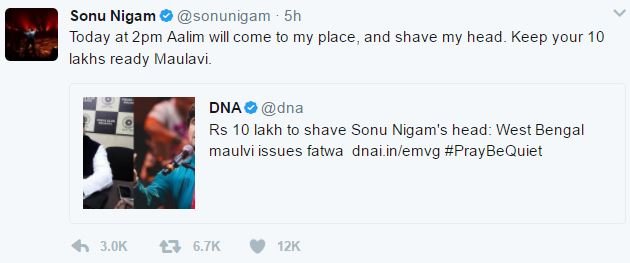
One of the biggest tools used by these ‘serial offence-takers’ is the Section 295A of the Indian Penal Code. In layman terms, this is a section of our law that deals with hurting religious sentiments. The Section 295A states:
Whoever, with deliberate and malicious intention of outraging the religious feelings of any class of [citizens of India], [by words, either spoken or written, or by signs or by visible representations or otherwise], insults or attempts to insult the religion or the religious beliefs of that class, shall be punished with imprisonment of either description for a term which may extend to [three years], or with fine, or with both.
One of the biggest reasons why people are afraid to speak up against any form of injustice is the rampant case of whataboutery.
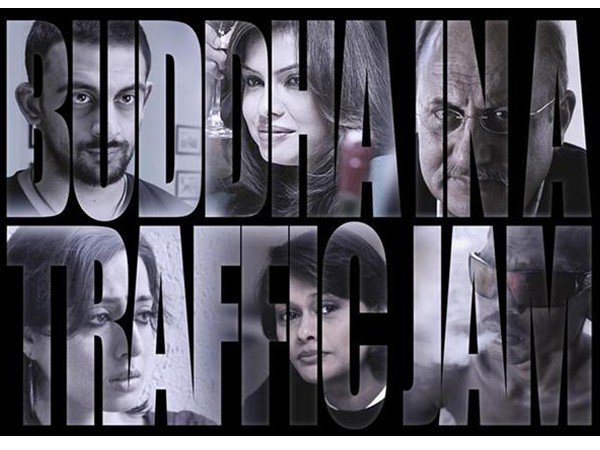
And I’m not just talking about the right-wing enthusiasts who take pride in harassing people with opposing views. It’s also about people like Vivek Agnihotri who had to face so many issues in order to screen their movies at left-dominated college campuses. In fact, there were violent reactions about the same.
The left is as guilty here as the right wing. We’re all guilty. We don’t like people with differing opinions and we try our best to shut them up.
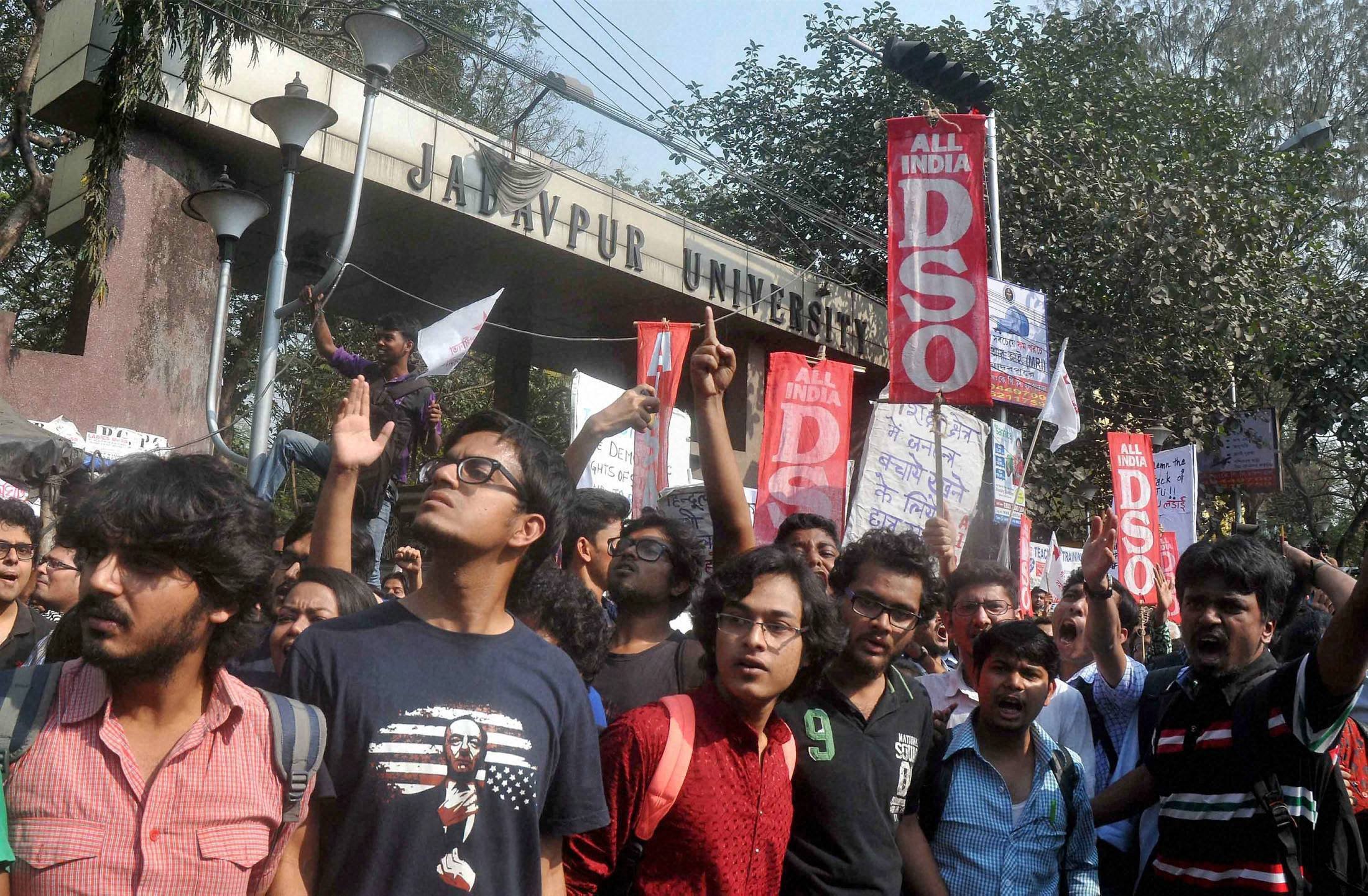
Some beliefs hold more value than others simply because we find a way to link them to our culture. The intolerance debate isn’t new; what is new, however, is the way in which we take offence to these incidents.
Sonu Nigam has not done all the things I asked for, two out of the three things remain unfulfilled: Syed Sha Atef Ali Al Quaderi on fatwa pic.twitter.com/ONUmrPCHzi
— ANI (@ANI_news) April 19, 2017
The mobs hand out justice in a zeal driven by religion and culture and they take no prisoners. Almost everything we do now has to adhere more to the norms of culture than anything else and in case, we can’t then there is a mob to force us into doing exactly that.
Before you assume otherwise, let’s make one thing clear – this is not a pro-hate speech article, nor is this writer a die-hard fan of Sonu Nigam. Now that we have that out of the way, let’s address this one concern – do we not know the difference between hating something and critiquing it?
The problem starts when we start putting more focus on being correct and not appropriate. Sonu Nigam didn’t deserve the bullying he got. Two wrongs don’t make a right, or probably the only right they make is the political ideology.

Our society needs to strengthen its principles and it shouldn’t be this easy to shake the foundations of our beliefs. It doesn’t matter what anyone else says, we’ll not get offended by speech or some random action like ranting about how a loudspeaker woke up a celebrity or how Pokemon (read imaginary creatures) offend our religious sensibilities.
We cannot raise intelligent future generations in a society where there is a risk associated with questioning and/or critiquing dogmas, just because they’re blanketed under ‘tradition and culture’.

















